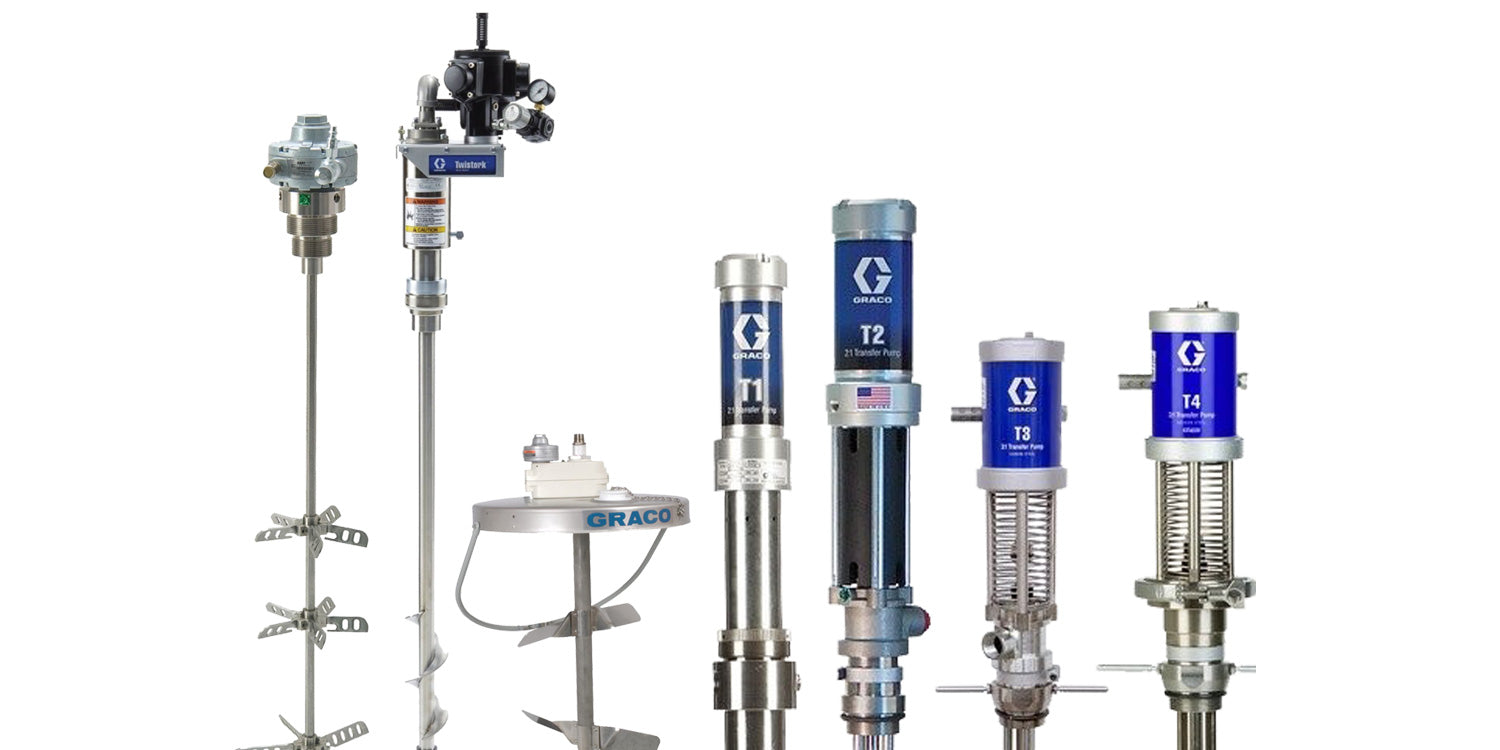While the home renovation boom of 2020-2022 has softened slightly due to economic factors, homeowners remain interested in improving their living spaces. Spray foam insulation continues to be a popular choice for its unmatched efficiency and long-term value proposition. As a spray foam contractor, you understand the product's benefits, but translating that knowledge into winning quotes requires a strategic approach. This revamped guide, packed with the latest trends and insights, empowers you to build successful quotes and secure more projects in 2024.
Market Update: Focus on Efficiency and Value
While overall renovation spending might be down, there's a silver lining. Discerning homeowners are prioritizing projects with a clear return on investment. Spray foam insulation perfectly aligns with this trend. Here's why:
- Superior R-Value: Compared to traditional batt insulation, spray foam boasts a significantly higher R-value per inch. This translates to substantial energy cost savings for homeowners over time.
- Air Sealing Powerhouse: Closed-cell spray foam acts as a vapor barrier, minimizing air leaks throughout the home's envelope. This leads to improved comfort, reduced drafts, and potentially lower HVAC running costs.
- Space Optimization: Spray foam's expanding nature allows it to fill cracks and gaps effectively. This maximizes usable living space compared to bulkier insulation options, a significant advantage in basements and attics.
Who Needs Spray Foam Insulation in 2024?
Several homeowner profiles present ideal spray foam insulation opportunities:
- Basement Finishing Projects: Transforming basements into comfortable living spaces requires proper insulation to combat drafts and maintain consistent temperatures. Spray foam's closed-cell variant excels in this application.
- Energy Retrofit Enthusiasts: Sustainability-minded homeowners appreciate spray foam's ability to significantly improve a home's energy efficiency. This aligns perfectly with government initiatives promoting energy-saving retrofits.
- New Builds and Extensions: Due to its expanding properties, spray foam is ideal for installing before drywall goes up. This minimizes disruption and streamlines the construction process.
Understanding Spray Foam Types and Costs (2024 Pricing):
The two main spray foam types cater to different needs and budgets:
- Closed-Cell Spray Foam: This premium option offers the highest R-value per inch, excellent air sealing, and superior moisture resistance. Expect a slight increase in pricing compared to 2022, with a range of $0.75 - $1.00 per board foot (price varies depending on the spray foam supplier you are using).
- Open-Cell Spray Foam: This budget-friendly choice provides a good balance between insulation and breathability. Expect a slight increase in pricing compared to 2022, with pricing ranging from $0.12 to $0.20 per board foot.
Calculating Spray Foam Needs: A Streamlined Approach
To craft an accurate quote, gather the following key details:
- Local Building Codes: R-value requirements vary by province and zone in Canada. Consult local regulations to determine the required R-value for different areas (e.g., attics, basements).
- Project Scope: Identify the specific areas requiring spray foam insulation (e.g., basement walls, attic ceilings, cathedral ceilings).
- Foam Selection: Closed-cell offers superior insulation but comes at a higher cost. Open-cell is more budget-friendly but has a lower R-value. Recommend the best option based on the project's needs and the homeowner's budget.
- Square Footage: Calculate the square footage by multiplying wall width by height for each area requiring insulation.
- Required Thickness: Divide the required R-value by the chosen spray foam's R-value per inch to determine the necessary thickness.
- Local Material Costs: Confirm current board-foot pricing with your spray foam supplier to ensure accurate cost estimates.
Beyond the Basics: A Comprehensive Spray Foam Cost Calculator
While the formula (Square footage x Thickness x Price per board foot) provides a starting point, a more comprehensive approach is recommended. Here's a breakdown of additional cost factors to consider:
- Labor Costs: Factor in your hourly rate (or subcontractor's rate) and multiply it by the estimated project duration to arrive at the total labor cost.
- Equipment: Consider depreciation of spray guns, proportioners, generators, compressors, and other essential tools. Spread these costs over multiple projects to create a per-project equipment cost.
- Travel: Account for mileage or travel fees associated with reaching the customer's location.
- Personal Protective Equipment (PPE): Ensure proper respiratory protection, gloves, and eye protection for yourself and your crew. Factor in the cost of this essential equipment.
- Business Expenses: Include overhead costs like truck maintenance, office expenses (if applicable), and marketing.
Building a Competitive Quote: Turning Features into Benefits
Crafting a compelling quote goes beyond just listing costs. Here's how to translate spray foam's features into tangible benefits for the homeowner:
- Profit Margin: Include a reasonable profit margin to ensure your business thrives. Remember, you're delivering a valuable service.
- Quote Clarity: Don't use technical jargon. Clearly define terms like closed-cell vs. open-cell and explain board-foot measurement.
- Highlight Long-Term Value: Frame the cost in terms of energy bill savings over time. Use projected figures based on the home's size and energy usage.
- Focus on Comfort: Emphasize the improved comfort spray foam delivers. Mention fewer drafts, a quieter home environment, and potentially more consistent temperatures throughout the year.
- Address Project Scope: Clearly outline whether the project involves a complete installation or a top-up to meet building code.
- Warranty Information: Briefly mention the warranty coverage offered by the spray foam manufacturer.
Beyond the Quote: Building Trust and Securing the Job
A persuasive quote is just the first step. Here are additional tips to convert prospects into satisfied clients:
- Professionalism Matters: Dress professionally, arrive on time, and maintain a clean worksite.
- Respond Promptly: Answer questions and address concerns quickly.
- Offer Multiple Payment Options: Provide flexible payment options to cater to different homeowner budgets.
- Showcase Expertise: Share relevant certifications and positive customer testimonials on your website or marketing materials.



